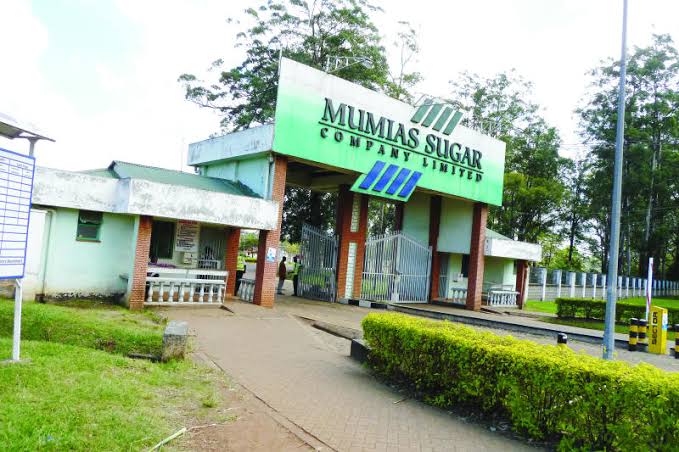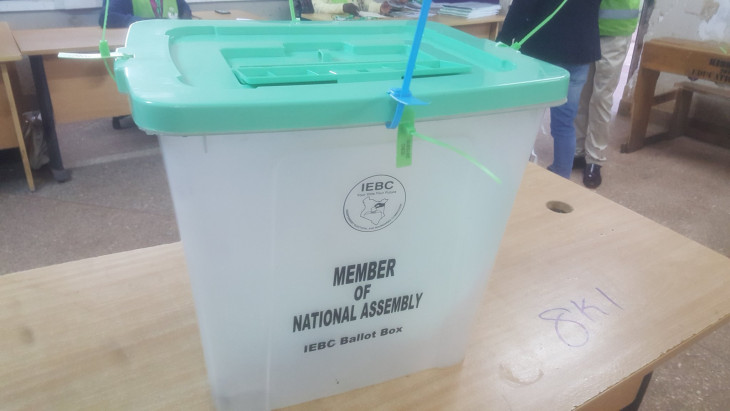Keep politicians out of revival of Mumias sugar

Until the 1990s, Mumias Sugar Company was a jewel in Kenya’s corporate crown. It was the best managed and most profitable local sugar company.
Despite being fully government owned, Mumias was run by a British private management firm known as Booker Tate since inception in 1967, ensuring that the company was insulated from political interference.
In 2003, shortly after its privatisation in 2001, the government terminated Booker Tate’s contract. In hindsight, this was a tragic mistake.
The slow motion collapse of Mumias can be traced to this decision. Government assumed full management control, and started appointing chief executive officers. The rest is history.
Mumias current woes emanate from defaulting on a Sh540 million loan it owes KCB Bank. It owes more than Sh12.5 billion to banks.
KCB placed Mumias under receivership in September 2019, and sent all workers home.
Mumias is on its deathbed. It made a loss of Sh15 billion in 2018, up from Sh6.7 billion in 2017.
KCB finally opted to lease Mumias to investors to revive it. The bid attracted eight bidders.
No sooner had the news emerged that Devki Steel Mills was the expected bid winner than all hell broke loose.
Politicians from the region ran amok. The leasing process was questioned. The credentials of the presumed winner were interrogated.
Demands were made in Parliament. Press conferences were called to express the demands.
Never mind Devki is one of Kenya’s foremost industrialists, with a solid track record in manufacturing.
But the politicians had not reckoned with the ‘steely’ nature of the company’s owner, Narendra Raval.
Apparently unwilling to be drawn down that rabbit hole that the leasing transaction was spiralling into, he pulled out of the transaction, citing bad politics. The process is now in limbo.
This is not the first time political interference has dealt a death blow to local investment projects.
At no time have politicians inserting themselves into an investment transaction ever yielded positive fruit.
The most insidious case of deadly consequence due to interference by politicians has been the privatisation of government-owned sugar mills in Western Kenya.
For three decades, politicians from Western and Nyanza regions have fought all attempts by the government to privatise the sugar factories to revamp them and make then profitable.
Today, not a single government-owned sugar factory is on its feet, but the politicians are still fighting governments attempt at privatising them, as their people wallow in despair and poverty.
Talk about squabbling over a carcass! Politicians must know investors will not put their money in locations, sectors or companies where the spectre of political interference looms large.
Back to Mumias. Why are the real stakeholders quiet? Why have they ceded their space to politicians? They must speak out.
Where is the Mumias Outgrowers Company? Why are the suppliers of Mumias, who are owed billions, not organising and speaking with one voice against this political tyranny?
The sooner Mumias is up again, the sooner they restart supplies and negotiate payment of pending bills.
What about the community in Mumias town where the factory is located? They have no voice?
The most important thing for the ecosystem served by Mumias is its revival to start buying cane from farmers, selling sugar and by-products, employing people, and injecting money into the surrounding economy.
All else is irrelevant. If the company is not generating money, it can’t pay anybody.
Unless the current process is insulated from politicians, it will die like all the others. Let the technical teams work.
This is a business deal. Let the real stakeholders negotiate with the investor. For the investors, the mathematics must add up, irrespective of emotional tirades from politicians.
It’s still not too late for politicians to walk back from their butting in uninvited in the Mumias transaction, and give KCB space to strike the best deal with the best investor that will allow Mumias to roar back into life. But maybe, they really just don’t care. — [email protected]














